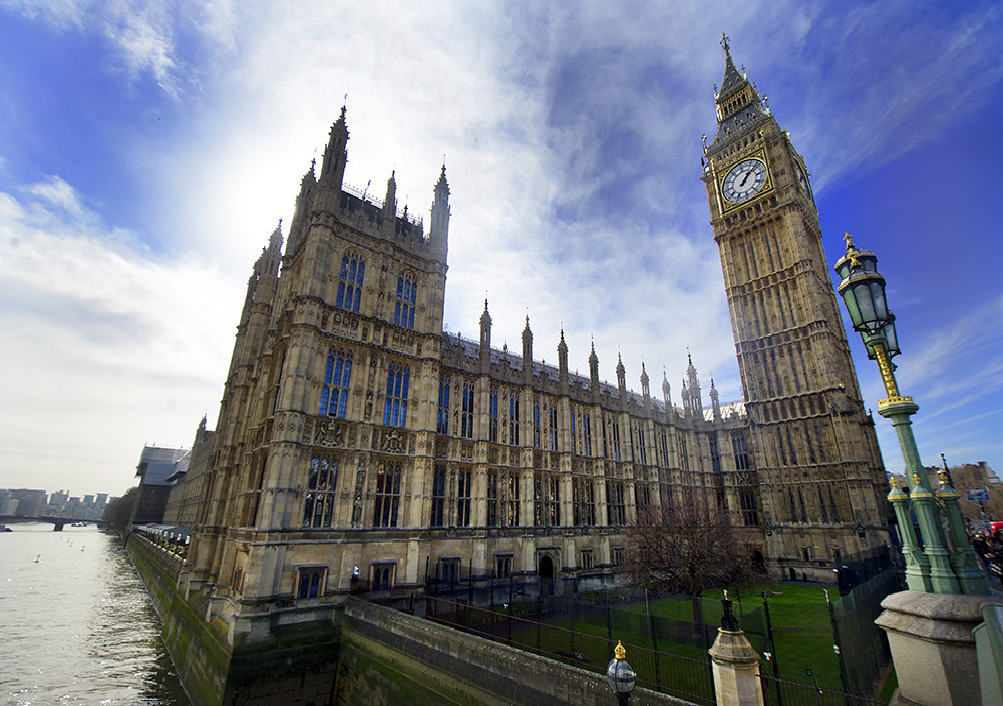UK government accused of distorting findings of judicial review inquiry

By LE Desk
London, March 19: The UK’s former independent reviewer of terrorism legislation has accused the government of mischaracterising the findings of the inquiry it commissioned into judicial review in order to challenge courts holding it to account.
The Faulks review, published on Thursday, was ordered after a pledge in the Conservative election manifesto to end “abuse” of judicial review, widely seen as a response to two Brexit-related government defeats in the supreme court, the Guardian reported.
The panel of six experts handpicked by the government asserted the importance of judicial review and advised against “far-reaching legislation” in the area. They also said there was evidence that claims were decreasing and there was no suggestion that large numbers of claims lacking merit were being allowed to proceed.
However, launching a public consultation on judicial review in the wake of the report, the Ministry of Justice said the panel had found courts were increasingly “moving beyond the remit of judicial review”.
David Anderson QC, the former UK independent reviewer of terrorism legislation, told the Guardian: “A view seems to have taken hold within government that the courts represent a growing and unjustified impediment to the exercise of executive power. Neither of those things is true, as the government’s own panel has concluded after careful examination. Its report highlights the importance of judicial review as a backstop against misuse of executive power. It counsels against tinkering, and suggests only two minor but sensible improvements.
I would have more confidence in the government’s consultation if, in its eagerness to use the panel’s conclusions as a springboard, it had not begun by mischaracterizing them. The minister’s foreword to the consultation claims that the panel identified a growing tendency for the courts to review the merits of decisions, and to replace the reasoning of decision-makers with their own.
But the report contains no such conclusion: indeed the panel chose to emphasise in its very last paragraph that ‘the government and parliament can be confident that the courts will respect institutional boundaries in exercising their inherent powers to review the legality of government action’.”
He said the supreme court’s recent Shamima Begum judgment, in which it said the home secretary’s assessment should be “respected”, was an example of the courts doing exactly that.
Paul Daly, who holds the university research chair in administrative law and governance at Ottawa University and was previously a senior lecturer in public law at Cambridge University, concurred, writing: “Although the UK government may try to suggest otherwise, the headline is that the panel does not think significant reforms of judicial review are appropriate. It is hard to read this [review] as anything other than a defence of the status quo.”
The MoJ said it strongly disagreed with Anderson’s suggestion that it had misrepresented the panel’s findings. It said it would consult on curbing judicial review of immigration tribunal rulings, giving effect to “ouster clauses” that limit courts’ ability to rule on certain issues and allowing judges to suspend the effect of quashing orders, allowing the public body in question time to rectify its position after an adverse judgment.
On ouster clauses, the review said they could be used, but it warned that ministers “would have to confront ‘hostility’ from the courts, careful parliamentary scrutiny and rule of law arguments.”
Gina Miller, who won judicial review cases against the government on whether ministers or parliament had the right to trigger Brexit and the prorogation of parliament, said the MoJ’s overview of the panel’s findings did not match the reality. “It is so political, I mean it’s blatant,” she said. “It’s another example of this government’s modus operandi, in running scared of accountability and scrutiny and checks on their power.”
The lord chancellor, Robert Buckland, said: “These essential reforms will defend the judiciary from being drawn into political questions and preserve the integrity of judicial review for its intended purpose: to hold the government to account, apply the intent of parliament, and protect individuals.”
Sign up for our weekly newsletter to stay up to date on our product, events featured blog, special offer and all of the exciting things that take place here at Legitquest.




Add a Comment